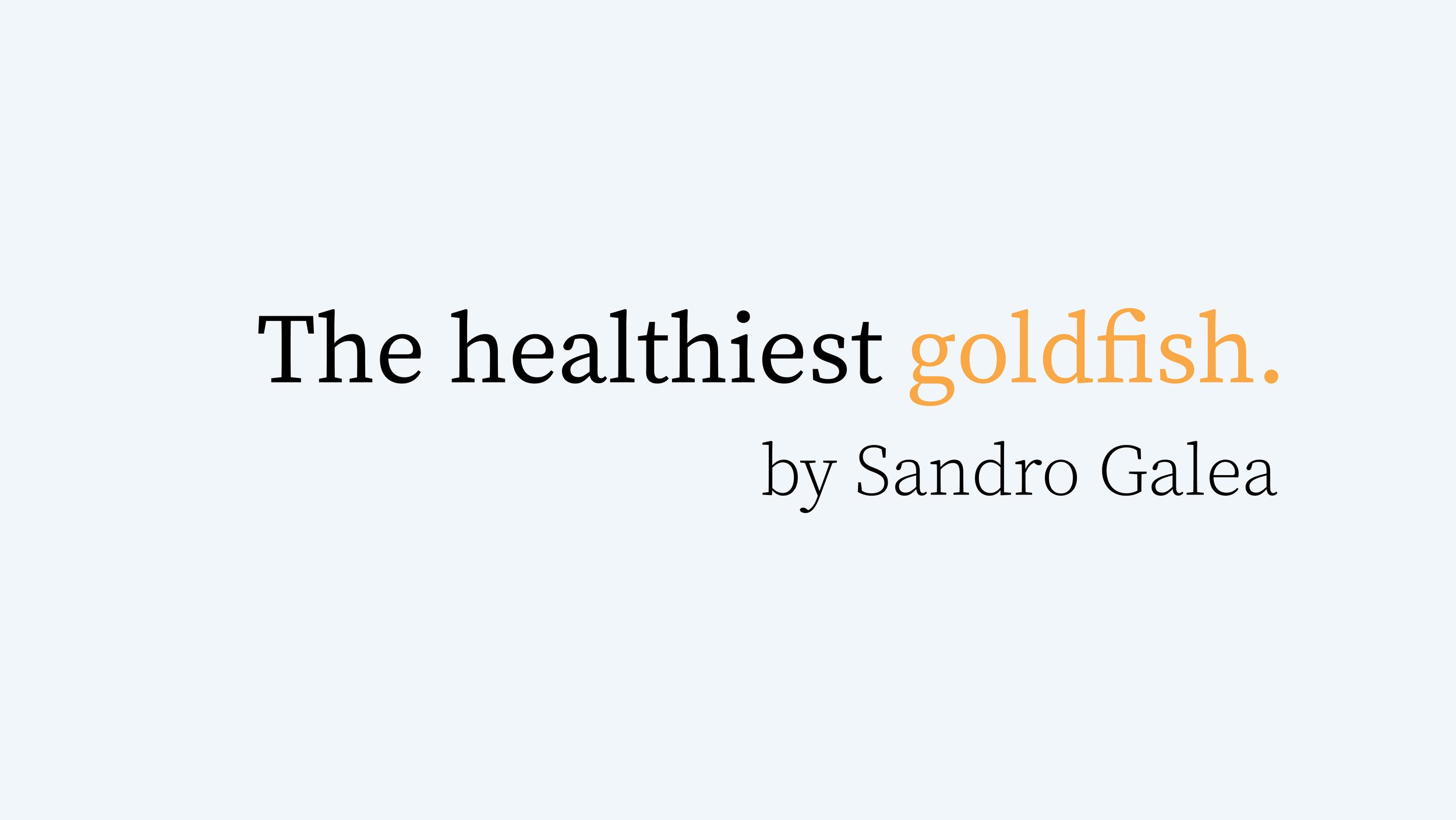On centering a concern for the dignity, autonomy, and values of the populations we serve.
One of the most important intellectual strands in public health over the last century has been the development of a health and human rights approach. This approach reflects the understanding that health is inseparable from the social and political rights that support the dignity and autonomy of the individual, and that efforts to improve health must engage with these factors. This echoes the concern for human rights as a global aspiration that emerged in the aftermath of World War II and that is expressed in documents like the Universal Declaration of Human Rights. As our concern for human rights has evolved, so has our understanding of what human rights means in a context of health, our focus broadening beyond healthcare to include the core drivers of health. Such a focus aligns with the spirit of the Declaration, which says:
“Everyone has the right to a standard of living adequate for the health and well-being of himself and of his family, including food, clothing, housing and medical care and necessary social services, and the right to security in the event of unemployment, sickness, disability, widowhood, old age or other lack of livelihood in circumstances beyond his control.”
Read more here





